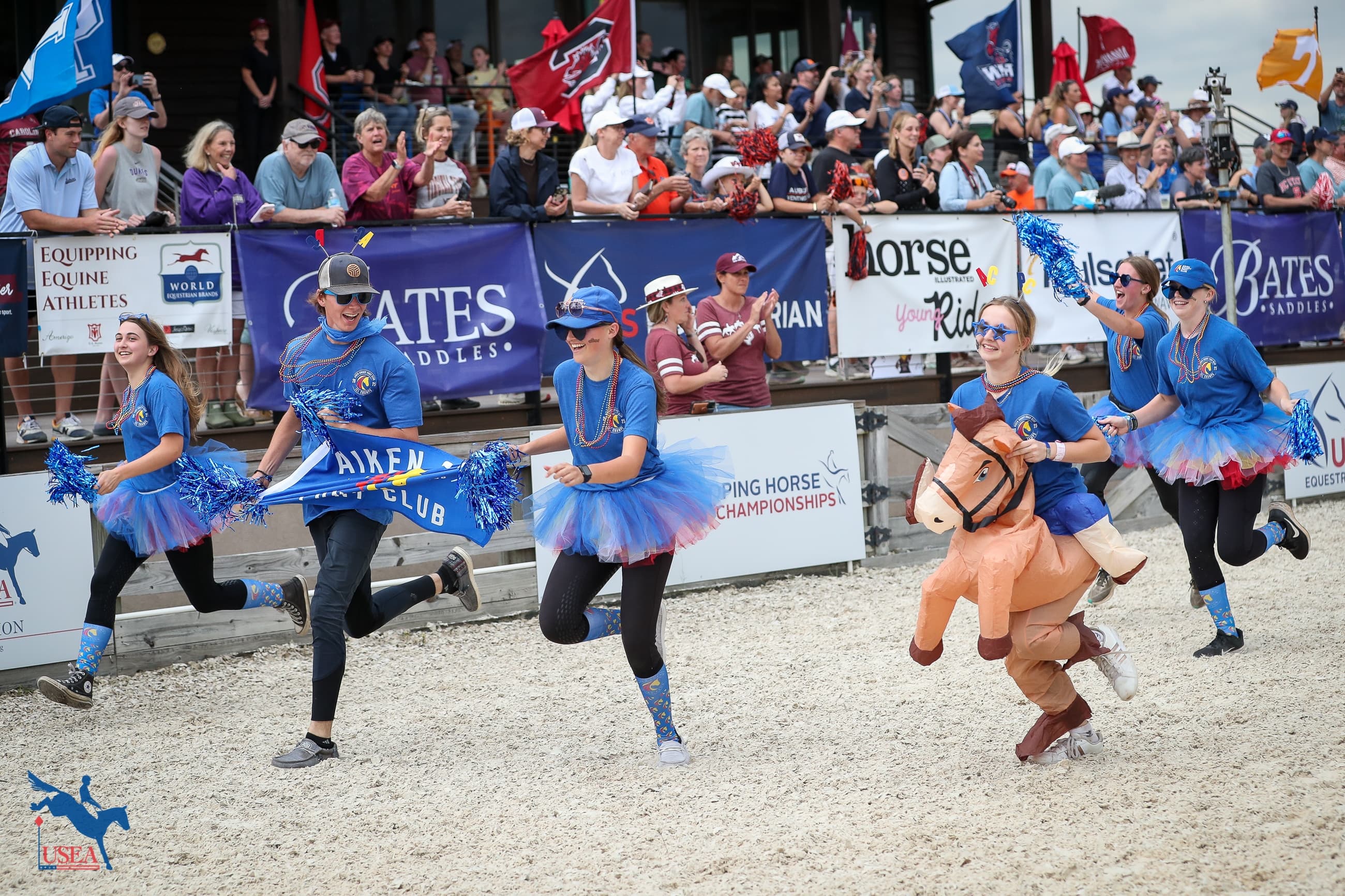The Entry Fee is Only the Beginning: Part Three
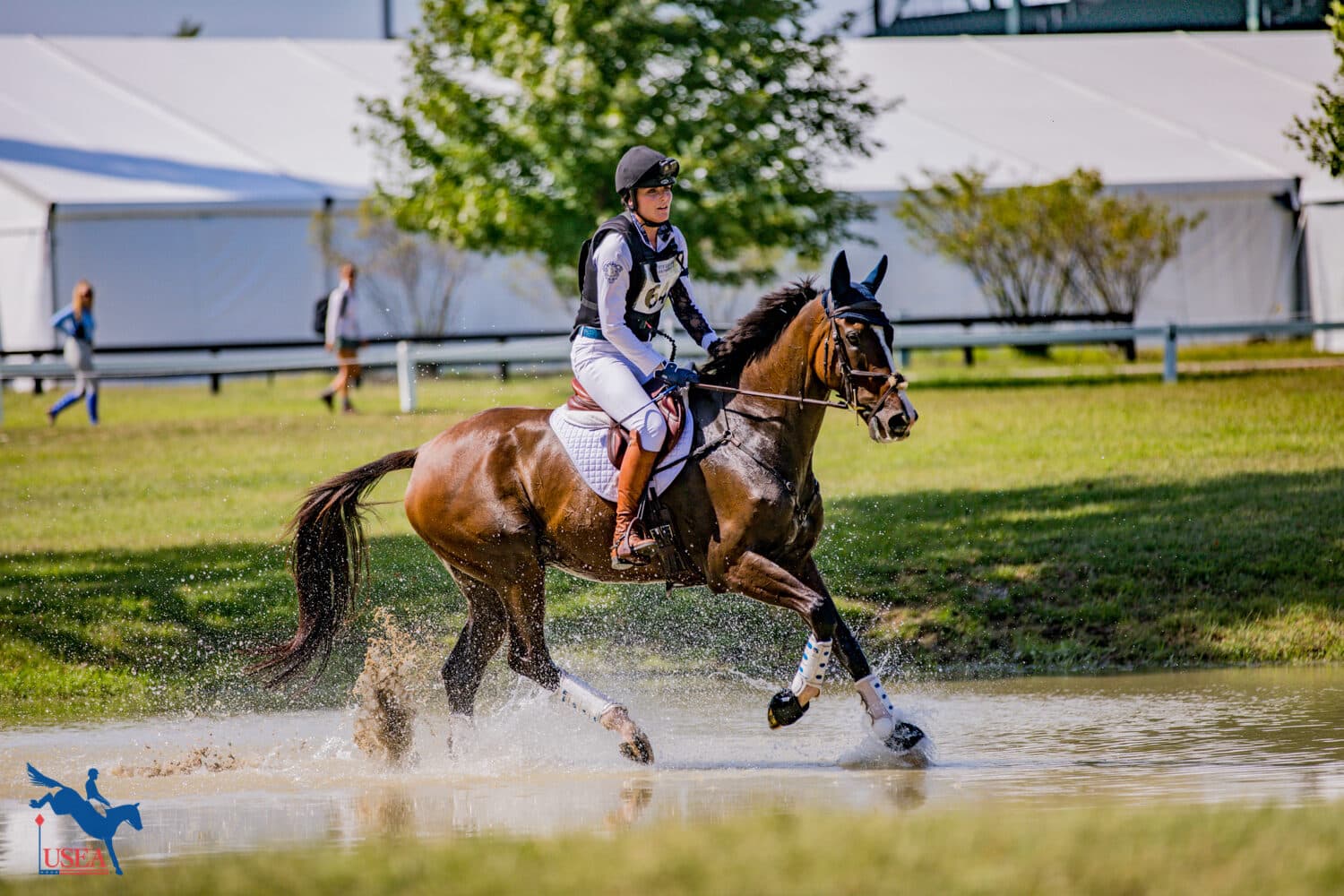
This article was originally published as one piece in the May/June 2015 issue of Eventing USA magazine. It has been updated to reflect current statistics and split into three parts for publication on the USEA website. Click here to read part one and click here to read part two.
Help Your Organizer by Entering Early
A closing date isn’t until two weeks before an event. That gives organizers almost no time to put together schedules, hire enough officials, make sure there is enough available stabling, food vendors, and more. On the flip side, if there are not enough entries then organizers may not be able to cover their costs. Every early entry helps organizers keep down costs and therefore enable them to make improvements that will benefit competitors.
Mary Fike, organizer of the Kentucky Classique, Midsouth, and Spring Bay Horse Trials and co-organizer of the 2019 USEA American Eventing Championships, said, “It is impossible to use a budget planning tool if the income is always a big gamble, and you can’t take advantage of much preplanning cost savings if you only know how many riders are coming a week out.”
“We start looking at our next event just about the day after our last one finishes,” said Christina Gray, who works with events all over the West Coast including Twin Rivers, Southern Arizona, Aspen Farms, and Rebecca Farm. “Twelve to eight months out you have to start thinking about hiring people – you’re guessing how many judges you’re going to need based off of the schedule you created based on how many entries you had entered last year. It then becomes a problem if you get 50 more entries than you were expecting. Now you’re scrambling to find another dressage judge, you’re changing the schedule. Having the entries in earlier so we can know if we’re going to be full and we want to try to take everyone – knowing six or five weeks out versus a week out makes it easier.”
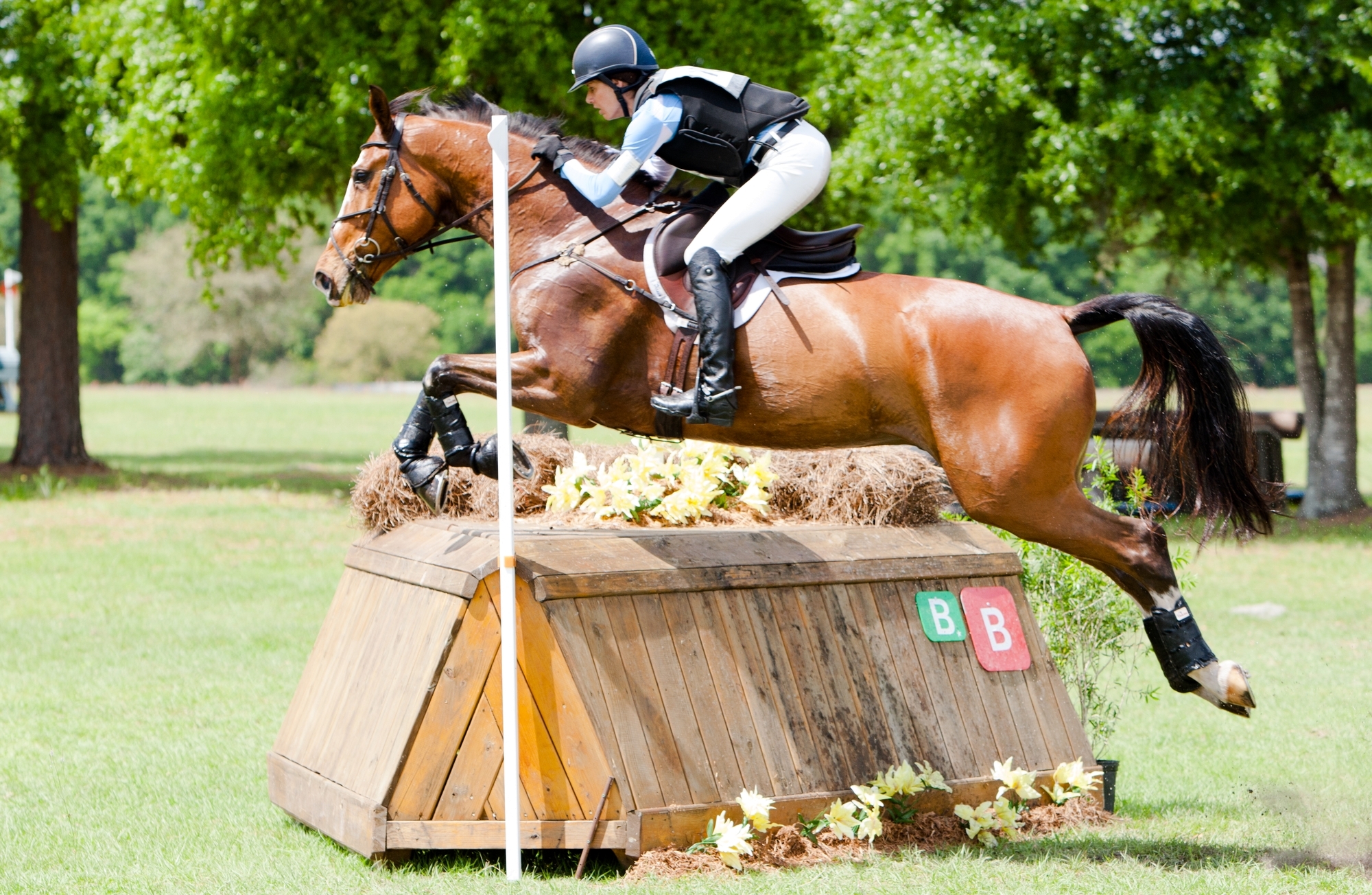
“If we know exactly how many competitors are entering the show, it’s so much easier for us to plan expenses, personnel, volunteers, everything like that,” said Emily Holmes, organizer of the events held at the Florida Horse Park. “For instance, the Horse Park on closing date for its February event had 470 entries, which is less comparatively than we’ve had in years past. So, I was going to start firing people, cut down on volunteers, and look for other ways to cut costs, and a week later we had 600 entries. The sooner we know, then we can cut costs and we can avoid raising entry fees.”
In addition to the costs, the schedule is tremendously affected when riders enter late. “It makes it hard to create a believable schedule in a timely manner if you don’t know how many riders to expect,” said Fike. “It helps the riders if we can get a good schedule together early – especially those with multiple rides: which is getting to be the norm rather than the exception.”
“The sooner we know, the easier it is to then make plans to make it work,” Gray said.
Generous Refund Policies Encourage Early Entries
Organizers know with horses things often don’t go to plan and many have put systems into place to keep riders from losing their entry fee. However, with competition cancellation, there are many fixed expenses that still need to be covered whether the show ran or not, such as paying officials’ fees, licensing fees, rental costs, and more.
“The majority of our events offer a full refund up until the closing date less an office fee that accounts for the fact that we’ve already processed your entry fee and had to deposit your check and now we have to write a check and put it in an envelope and mail it back to you,” Gray explained. “Some of my events will offer a refund until a week after closing date with a larger office fee, and then some of the events which we know are going to have a waitlist we can offer refunds until the week of the show, we just increase the office fee. As you get closer to the show, it becomes more difficult to make that cancellation possible. And, of course, we have rules we have to follow in terms of how cancellations are handled and managing waitlists.”
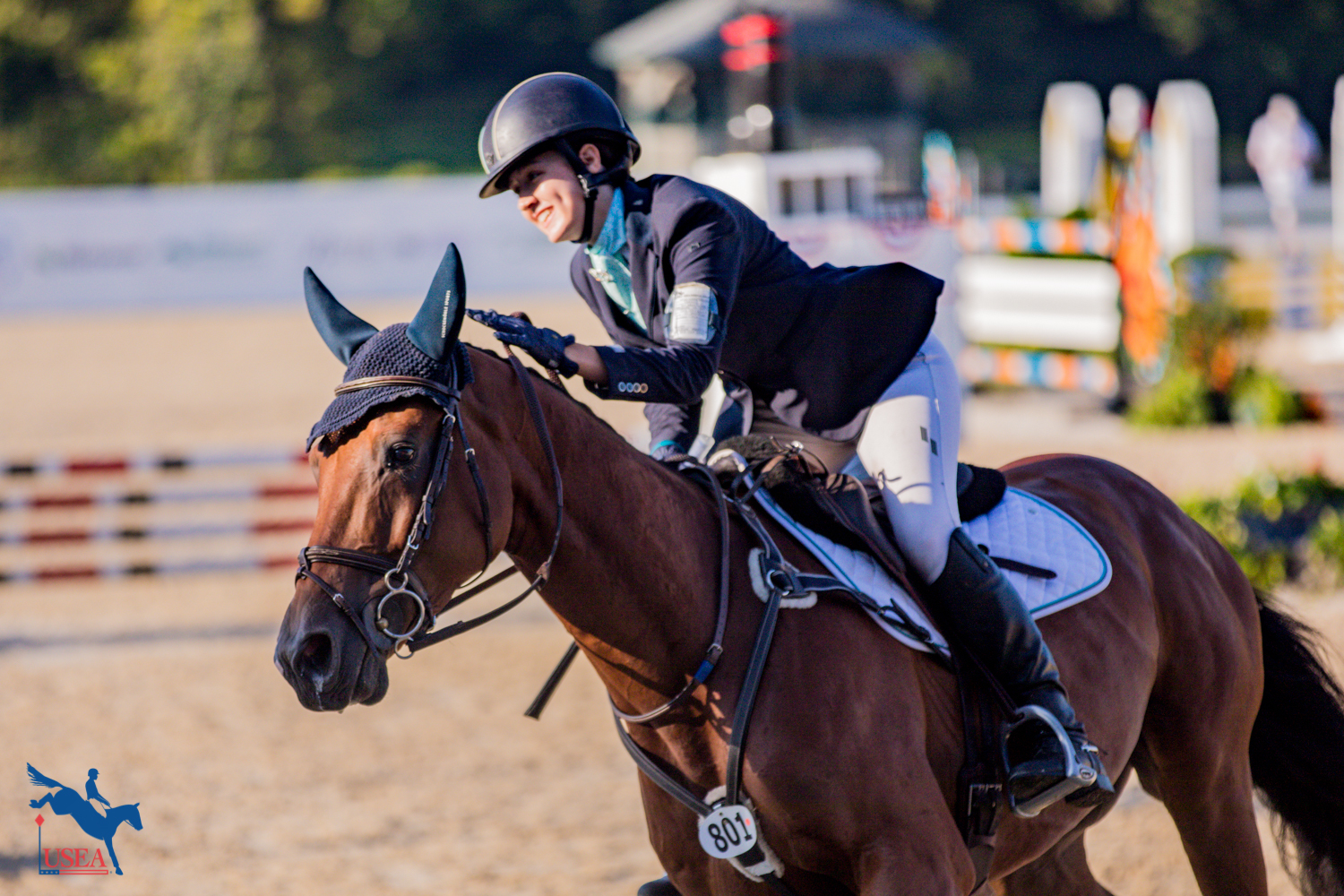
Holmes keeps a similar policy in place at the Florida Horse Park. “If you withdraw before closing date, you get a full refund. If I can, I will give people that withdraw between the closing date and the show a credit for the next event. We try and be as fair as we can, but that does take away from revenue for the next show.”
Last Words From the Organizers
Most organizers truly do it for the love of the sport, and next time you are entering an event be sure and try to send your complete entry as close to opening day as possible. Thank an organizer whenever you can, and remember this quote from Robert Kellerhouse: “An event is not a cake where it is one part flour, one part sugar. It is more like Bobby Flay making a masterpiece for Sunday Brunch.”
“You can keep costs of entry down by volunteering,” said Kellerhouse, who encourages riders to bring a family member or friend to his events to volunteer. “I try to provide opportunities to people who want to show a lot but where the expense is maybe a huge factor. By offering volunteer vouchers, which can be traded in for schooling fees, grounds fees, or even VIP passes, I am trying to make it easier for people to enter the shows.”
“If riders do not volunteer we will have to start paying scribes and in-gate and jump crew,” Holmes echoed. “If riders chip in and volunteer, it will help keep our costs down. I’m sure that venues across the country have the same issues that I have – we beg for volunteers and it’s disheartening and honestly really upsetting that people don’t care enough about the sport to give back. If I want riders to know one thing, it’s that. Even just 10 riders volunteering would make a massive difference.”
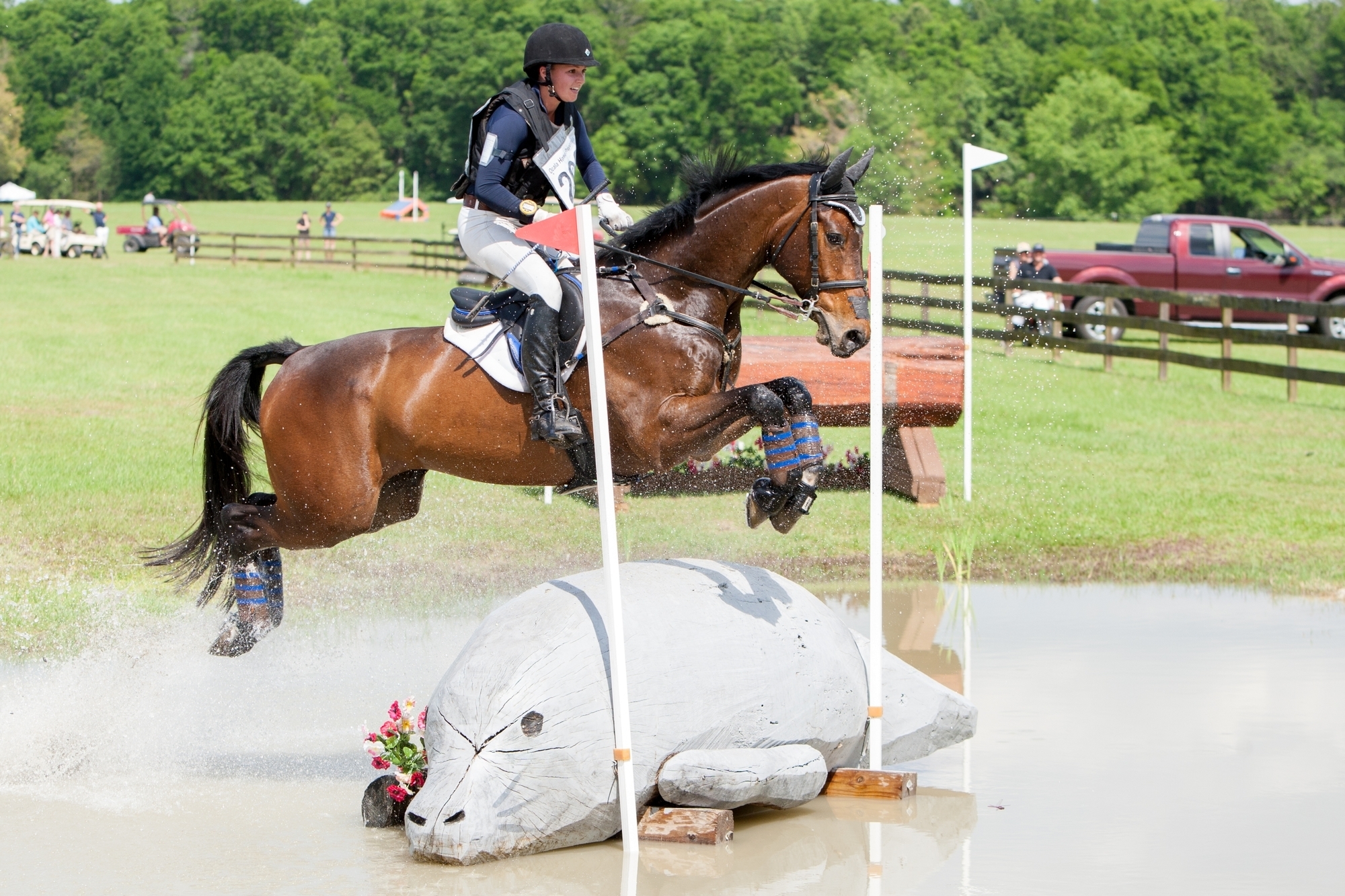
“There are probably coaches, riders, and trainers who leave the event having earned more money over the weekend than anyone involved in putting on the event – certainly more than each official earns and certainly more than this organizer earns,” said Fike. “The money brought in is spent over so many different parts of the event and no one is walking away from putting on an event with a large amount of profit. Organizing an event is almost a year-round job. They are not just put together within the six weeks once the opening date happens.”
“The eventing community is very close-knit and very appreciative of each other and I think we all need to remember that we’re all in this together and that no one ever sets out to create a bad experience,” Gray emphasized. “Everyone wants it to be the best that it can be. I think everyone needs to be cognizant and remember that when you feel that something needs to be corrected, please bring it to our attention. I don’t think anyone involved with an event wants to go out and have people have a bad experience. We all want you to leave happier and more experienced and more educated than when you came in. Riders really need to realize that everything is a give and take – we love having competitors at events and we can’t do it without you, but we don’t have a place to compete if riders are not appreciative of the organizers giving them a place to do what they enjoy.”
And yet, at the end of the day, the organizers do what they do for the love of the sport. “I really enjoy getting to know the riders, I love watching the horses go through the ranks, and I love watching the kids go from their first Beginner Novice to their first Preliminary,” Holmes reflected. “I do it for the people and I do it for the horses.”
Did you enjoy this article? Want to receive Eventing USA straight to your mailbox? Members receive Eventing USA as part of their USEA Membership or you can purchase individual issues from the USEA Shop.


